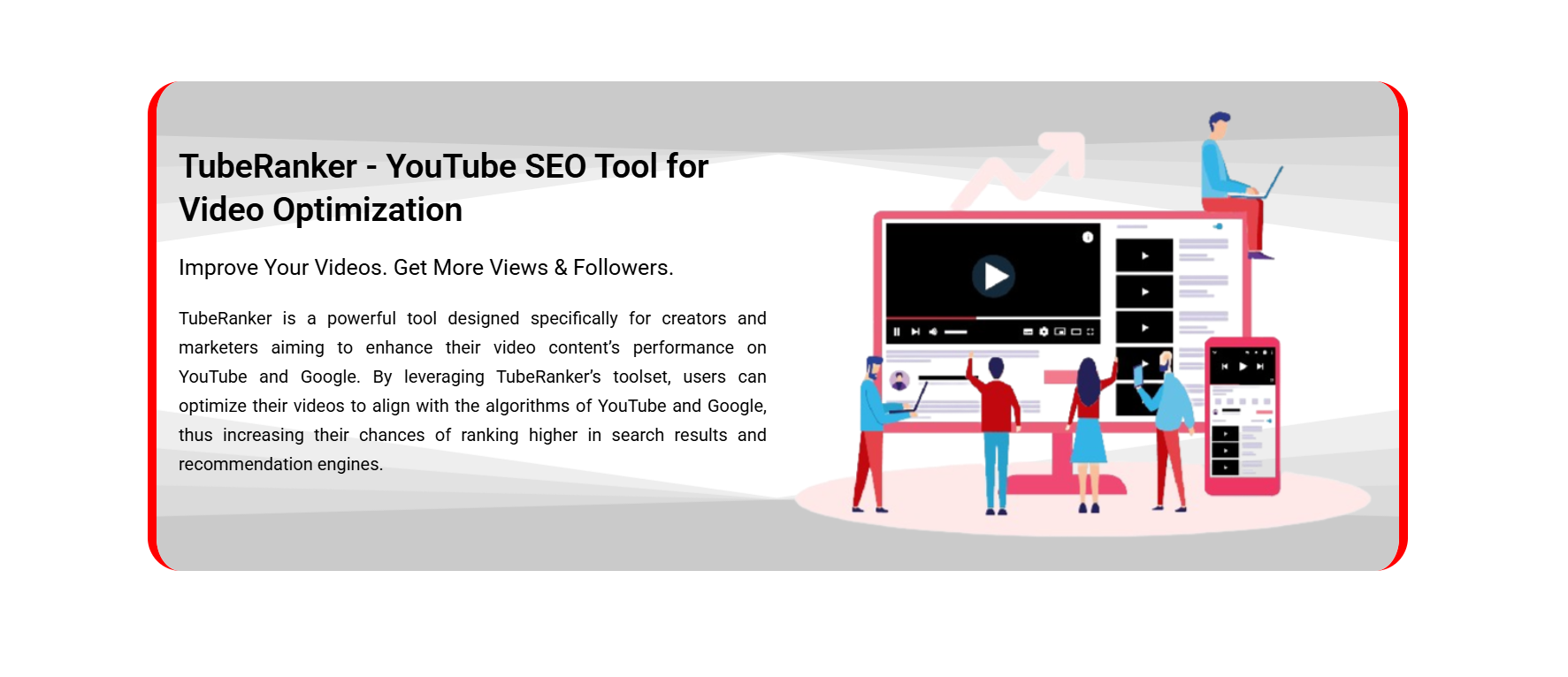Employers Partner with Lenders to Offer Before Payday Loans through Payroll

Australian workplaces are witnessing a fundamental shift in how employees access their earnings. As financial stress reaches critical levels across the workforce, innovative employer-sponsored programs are providing alternatives through direct payroll integration.
Recent data reveals that nearly 80% of Australian employees are living paycheck to paycheck, while the traditional payday loan sector continues to face regulatory scrutiny. In response, forward-thinking employers are partnering with fintech companies to offer earned wage access solutions that provide immediate financial relief without the debt traps associated with conventional lending.
The Financial Stress Crisis Driving Change
The Australian Securities and Investments Commission (ASIC) has recently warned that some payday lenders may be breaching consumer protection laws, exposing deeper, systemic issues in the traditional lending space. At the same time, financial stress among employees has reached record highs, directly affecting workplace productivity and staff retention.
In 2025, financial wellness is now a top-five concern for HR leaders, according to research from the Employee Benefit Research Institute. The link between employee financial wellbeing and business outcomes is becoming too significant to overlook.
The current market tells a clear story: the traditional payday loan sector is worth around $400 million annually; there are more than 5.9 million active Buy Now Pay Later (BNPL) accounts in Australia; payday loans typically involve establishment fees of 20% and monthly fees of 4%; and new BNPL regulations are set to roll out in June 2025.
“Financial wellness is appearing as a top concern for HR leaders right now,” says Rebecca Wettemann, CEO of industry analyst firm Valoir. “There’s a real financial return to many employers in having employees being able to show up and be their most productive at work, rather than worrying about how they will pay their bills.”
How Employer-Sponsored Before Payday Loans Work
Employer-sponsored pre-payday loan systems are a completely distinct financial product from typical payday lending since they easily interact with business payroll platforms. Before the actual pay day, employees can access up to 25% of their current pay cycle earnings through applications that have been accepted by their employers.
These programs automatically deduct repayments from the subsequent pay run and track earnings in real time through payroll integration. Fees are clear, usually a flat price of 5% per transaction, and there are no separate lending agreements or credit checks. Money is available immediately or in a matter of minutes, guaranteeing that staff members may promptly cover critical costs.
These employer-sponsored choices differ from conventional short-term lending products in that they offer consumer protections like capped access and transparent cost structures, as noted by financial comparison platforms like Loan Owl.
Business Case for Employer Adoption
Measurable improvements in important workforce metrics are being observed by employers who are putting earned wage access initiatives into place. Given that replacement expenses frequently range from 50% to 200% of an annual income, financial stress is a significant contributor to employee turnover.
Businesses can increase productivity and decrease attrition rates by easing this stress. Employees who are struggling financially are more likely to miss work, become disengaged, or be involved in accidents at work, according to research. These issues are directly addressed by providing access to earned wages prior to payday, which promotes a more stable and healthy workforce.
Employers usually carry out financial stress evaluations, review platform options and fee structures, and implement financial education and explicit usage policies in order to successfully execute these initiatives.
Industry Adoption Patterns
- Hospitality and Retail: Early adopters due to irregular scheduling and income volatility affecting workforce stability.
- Construction: Project-based work creates unpredictable pay cycles, making earned wage access particularly valuable for cash flow management.
- Healthcare: Essential worker financial pressures during ongoing economic uncertainty drive employer consideration of additional benefits.
- Technology and Professional Services: Younger workforces demonstrate higher comfort levels with app-based financial services.
Regulatory Environment and Consumer Protection
Australia’s shifting regulatory environment is reshaping the short-term credit market, creating both opportunities and obligations for earned wage access providers. ASIC’s recent enforcement actions against payday lenders signal a broader push for stronger consumer safeguards.
New Buy Now Pay Later (BNPL) regulations, taking effect in June 2025, as well as enhanced Anti-Money Laundering and Counter-Terrorism Financing (AML/CTF) obligations for payment providers, reflect this shift. There is also ongoing consultation regarding the regulation of digital assets, further expanding the scope of compliance for financial service platforms.
Employer-sponsored earned wage access programs typically offer stronger consumer protections than traditional before payday loans. By integrating with payroll systems, these programs prevent employees from borrowing more than they’ve earned, and repayments are automatically deducted from wages, reducing the risk of default and additional fees. Still, users need to understand the true cost of access.
While flat fees may seem low, frequent use can lead to significant expenses. Independent comparison platforms such as Loan Owl encourage consumers to fully understand fee structures and explore all available options before committing to any short-term financial product.
Evaluation Framework for Financial Wellness SolutionsKey Insights for Employee Evaluation
As employer-sponsored earned wage access programs gain traction, both employees and employers are being urged to assess offerings against a set of clear benchmarks.
For employees, transparency remains critical, fee structures should be clear, with no hidden charges, and access limits must be well-defined to prevent overuse. Automatic repayment through payroll alignment, access to financial education resources, and robust data security protections are also considered essential.
Employers, meanwhile, are focusing on operational and compliance factors. Effective solutions must offer seamless integration with payroll systems, align with evolving regulatory standards, and include adequate consumer protection measures. Additional considerations include implementation costs, administrative impact, and access to performance reporting to track employee uptake and program outcomes.
Alternative Financial Support Options
Before committing to earned wage access solutions, both employers and employees should consider comprehensive alternative support systems. Understanding the full spectrum of available before payday loans alternatives helps ensure optimal financial decision-making.
Government Support Programs
- No-interest loans through community organisations (up to $3,000)
- Centrelink advance payments with no fees or interest
- Financial counselling through National Debt Helpline (1800 007 007)
- Emergency relief services for immediate assistance
Workplace Alternatives
- Direct employer emergency assistance programs
- Employee assistance programs with financial counselling
- Salary packaging and benefits optimisation
- Professional development and career advancement support
Future Outlook
Industry analysts project continued growth in employer-sponsored financial wellness solutions as economic pressures persist and technology capabilities expand.
“We strongly believe that payroll and workforce management providers are becoming workforce super apps,” explains Nico Simko, CEO of embedded fintech provider Clair. “Embedding instant wage access right from the payroll app employees use every day represents a major untapped market covering over 50 million workers.”
Emerging Trends
With the aid of artificial intelligence, earned wage access is developing and is now utilised to provide tailored financial advice depending on user behavior. Transactions are becoming quicker and more effective as a result of the PayTo system’s wider rollout.
The increasing mainstream usage of these services is being indicated by their integration into larger financial wellness platforms and the entry of major banks and financial institutions into the industry through partnerships and new offerings.
Key Market Indicators
Employers are increasingly recognising the return on investment in employee financial wellness, while evolving regulations are encouraging responsible innovation. Advances in technology are improving user experience, but ongoing economic pressures continue to drive high levels of financial stress among workers.
Strategic Recommendations
For employers considering financial wellness program implementation, expert recommendations emphasise comprehensive approach development rather than isolated solution adoption.
Practical Steps for Implementation
- Conduct employee financial stress assessments
- Evaluate multiple platform options and fee structures
- Develop comprehensive financial education programs
- Establish clear usage policies and guidelines
- Monitor program effectiveness through employee feedback and retention metrics
For employees, financial experts stress that earned wage access should complement, not replace, emergency savings development and comprehensive financial planning. Industry analysis from financial service comparison platforms suggests that understanding all available options, including traditional and innovative before payday loans alternatives, remains crucial for informed decision-making.
Conclusion
The evolution from traditional payday loans to employer-sponsored earned wage access represents a significant advancement in workplace financial wellness. These solutions offer improved consumer protections, lower costs, and stronger integration with overall financial health strategies.
However, success requires careful implementation, comprehensive employee education, and integration with broader financial wellness initiatives. As this market continues maturing, the focus must remain on sustainable financial health rather than short-term cash flow solutions.
The future of workplace financial wellness depends on continued innovation, responsible regulation, and employer commitment to supporting employee financial health as a core business strategy. As before payday loans continue evolving through technology and regulatory improvements, Australian workers benefit from increasingly sophisticated and protective financial wellness solutions.




